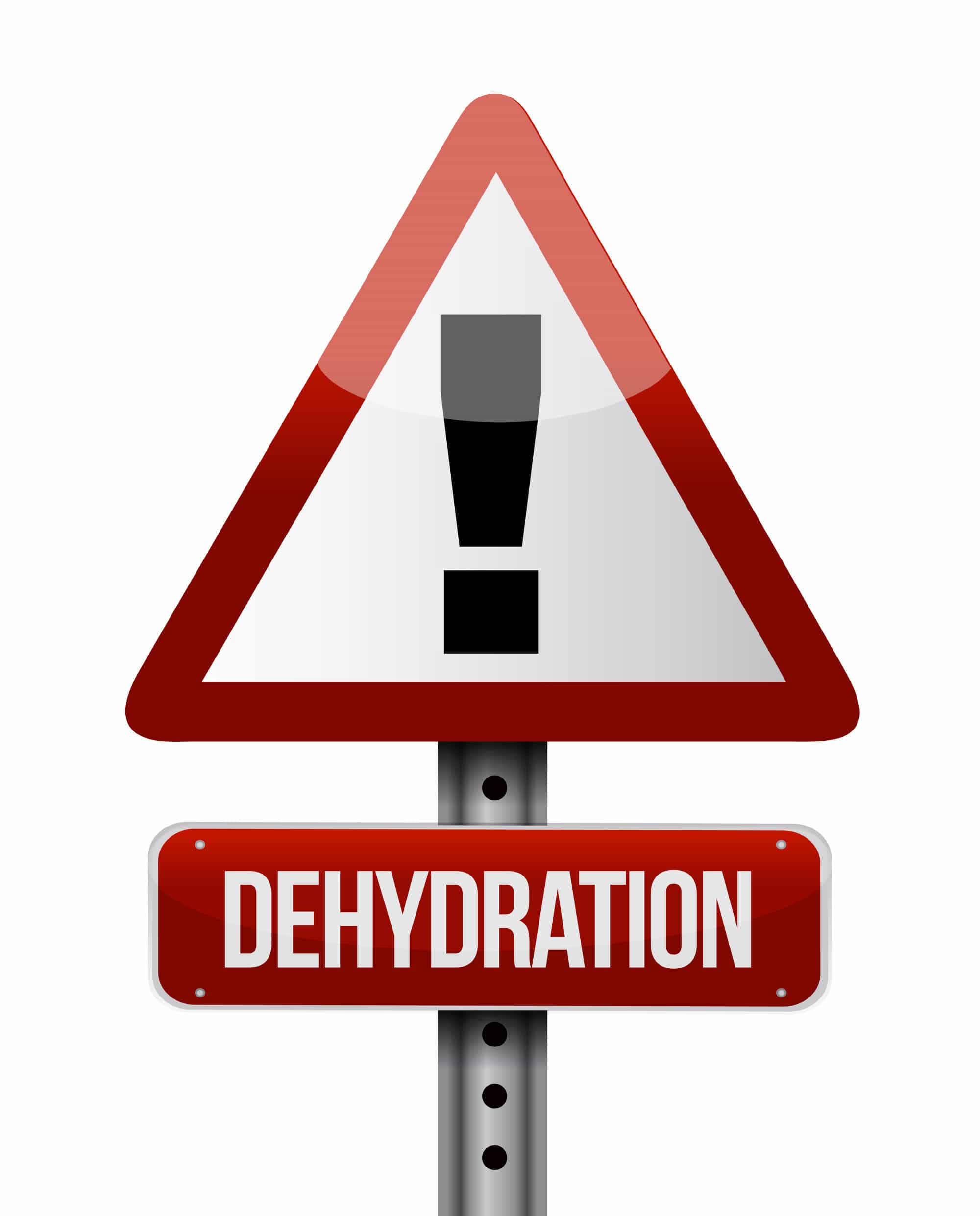
Dehydration in Elderly
Dehydration in Nursing Homes or Hospitals is Negligence According to the National Center for Biotechnology Information (NCBI), dehydration in the elderly is a dire problem for nursing homes across the nation with at least two…
Dehydration in Nursing Homes or Hospitals is Negligence
According to the National Center for Biotechnology Information (NCBI), dehydration in the elderly is a dire problem for nursing homes across the nation with at least two out of five residents suffering from it. In most situations, dehydration is a direct result of nursing home abuse and neglect in which staff are not properly caring for residents.
In a study performed by UCLA’s School of Nursing, several nursing homes throughout the nation were investigated over a 6-month span. The purpose of the study was to evaluate dehydration in nursing homes and how prevalent the issue is. The results indicated that at least 31% of these nursing home patients suffered from some form of dehydration in the elderly. While some patients refused liquids and nutrition, many patients became dehydrated at the hands of negligent staff.
In another study performed in 2000 by UCLA, researchers discovered that many nursing home residents didn’t have access to water receptacles either in their rooms or common areas. They were at the mercy of the nursing home staff to remember to give them water. Simple preventative measures such as making sure water fountains and receptacles are accessible to nursing home patients could greatly help in the prevention of dehydration.
Typical Reasons for Nursing Home Dehydration in Elderly
- Unqualified caregivers and staff members: Many staff members in nursing homes are not adequately educated on the special nutrition and hydration needs of elderly people.
- Staff Shortage: Many nursing homes across the nation are understaffed, rendering it difficult to provide the kind of quality care that each resident needs.
- Negligence: Staff members may understand the care that residents need, but simply ignore them or become careless in their work.
Signs of Dehydration in Elderly
1) Mild Dehydration in Elderly
- Dry, sticky mouth
- Unusual fatigue
- Lightheaded
- Dizziness
- Headaches
2) Moderate Dehydration in Elderly
- Inability to produce tears
- Loss of sweat
- Very little urine, which is typically dark yellow
- Constant thirst
- Low blood pressure
- Rapid pulse rate
3) Severe Dehydration in Elderly
- Sunken Eyes
- Feeling of being delirious
- Fainting
- High Fever
- Lost skin elasticity
- Bouts of unconsciousness
Other Consequences of Severe Dehydration in Nursing Home Residents
Nursing home residents who suffer from dehydration are also at risk for serious illnesses, such as infections, anemia, severe cognitive problems, hypotension, and death.
There currently over 1.5 million elderly people living in nursing homes. This number is expected to rise, and with the increase in population, dehydration problems are predicted to increase as well. However, the CDC believes that this problem can be reversed and/or completely eliminated as long as interdisciplinary approaches are taken, such as increased awareness of the problem, focused training, and stricter penalties should infractions occur.
Getting Legal Help
If you or a loved one has been victim of nursing home dehydration which has led to serious injuries or nursing home death, an experienced nursing home neglect attorney may be able to assist you. At MedMalFirm.com, our team of experienced nursing home abuse and neglect attorneys have helped numerous victims of nursing home dehydration death and injury to seek justice. Give us a call today and we’ll be happy to provide you with a free consultation. Call us at 877-887-4850.
Additional Resources
- http://www.ncbi.nlm.nih.gov/pubmed/16475460
- http://www.commonwealthfund.org/usr_doc/burger_mal_386.pdf
- http://www.ncbi.nlm.nih.gov/pubmed/10522951
